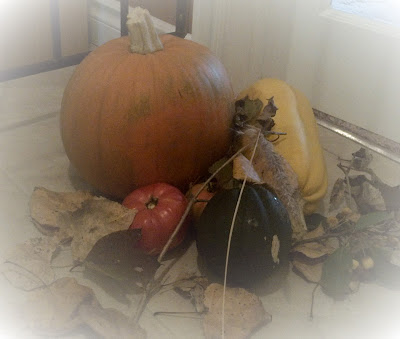Cast your Ballot . . .
 |
| Except a corn of wheat fall into the ground and die . . . |
“Giving
every man a vote has no more made men wise and free than Christianity
has made them good.” ―
H.L. Mencken
“Our
freedoms are vanishing. If you do not get active to take a stand now
against all that is wrong while we still can, then maybe one of your
children may elect to do so in the future, when it will be far riskier — and much, much harder.”―
Suzy Kassem
The experience of what’s called an
election is still fresh in
our minds.
Simplified, it’s
a population’s opportunity to choose the candidates that will
represent them in the nation’s governance body for the next four
years. But it can’t really be that purely defined, can it?
Candidates are not just our representatives, they owe allegiance to
parties that engage in a variety of tactics making the entire process
resemble a sports tournament more than a thoughtful, communal process
for choosing the best managers of those affairs we
citizens hold in common.
The dilemma in a
democracy can arise from an assumption that individuals’ choices
are backed up by a studious knowledge of what’s at stake. Some
things a voter can’t know, of course, like whether or not the coming four
years will see a crop failure, for instance, or the onset of a
recession, or massive forest fires. But, a voter can make a judgment
given good information and thoughtful consideration of that
information: the science of climate change, the appropriate level of
our country’s participation in refugee resettlement, the
adequacy/inadequacy of healthcare, the fairness of taxation rules,
for instance. An uninformed population very easily reverts to voting
on the basis of party allegiance, to cheering on a party “team”
as if it were a favoured sports team. Go Roughriders! Go New
Democrats!
For Christians,
Jews and Muslims to take “Biblical” direction on “how to be”
in a democracy requires more guidance than, for instance, “Give
back to Caesar what is Caesar’s, and to God what is God’s.”
(Mark 12:17) Politics during Jesus’ time (or Mohammed’s or King
David’s for that matter) was autocratic, militaristic; a citizen’s
duty was to be an obedient slave and tax-payer for the benefit of
religious and temporal privilege.
In Canada’s
democracy, George Epp’s vote has the same weight as Justin
Trudeau’s. Surely that fact alone makes it both a privilege and an
obligation to become knowledgeable about national affairs. For
Christians, shining light and sprinkling salt at election time (as
well as at any other times) becomes highly significant.
Clearly,
churches are loathe to open the subject of voting in the current
climate. Who needs yet another reason to quarrel? But I would contend
that even though most of our voting is influenced by forces outside
everyday Christian dialogue, consideration of our essential
values should be fully engaged, especially regarding how
we behave during political campaigns, how
we talk about “political” subjects during the often-confusing,
always-frustrating circus that precedes voting days. The temptation
to be dismissive, divisive, doctrinaire at such times is strong. But
surely withstanding such temptation falls close to key central themes
of the gospel.
Parliament is
suspended at the dropping of the writ—the Sermon on the Mount . . .
isn’t.



Comments
Post a Comment